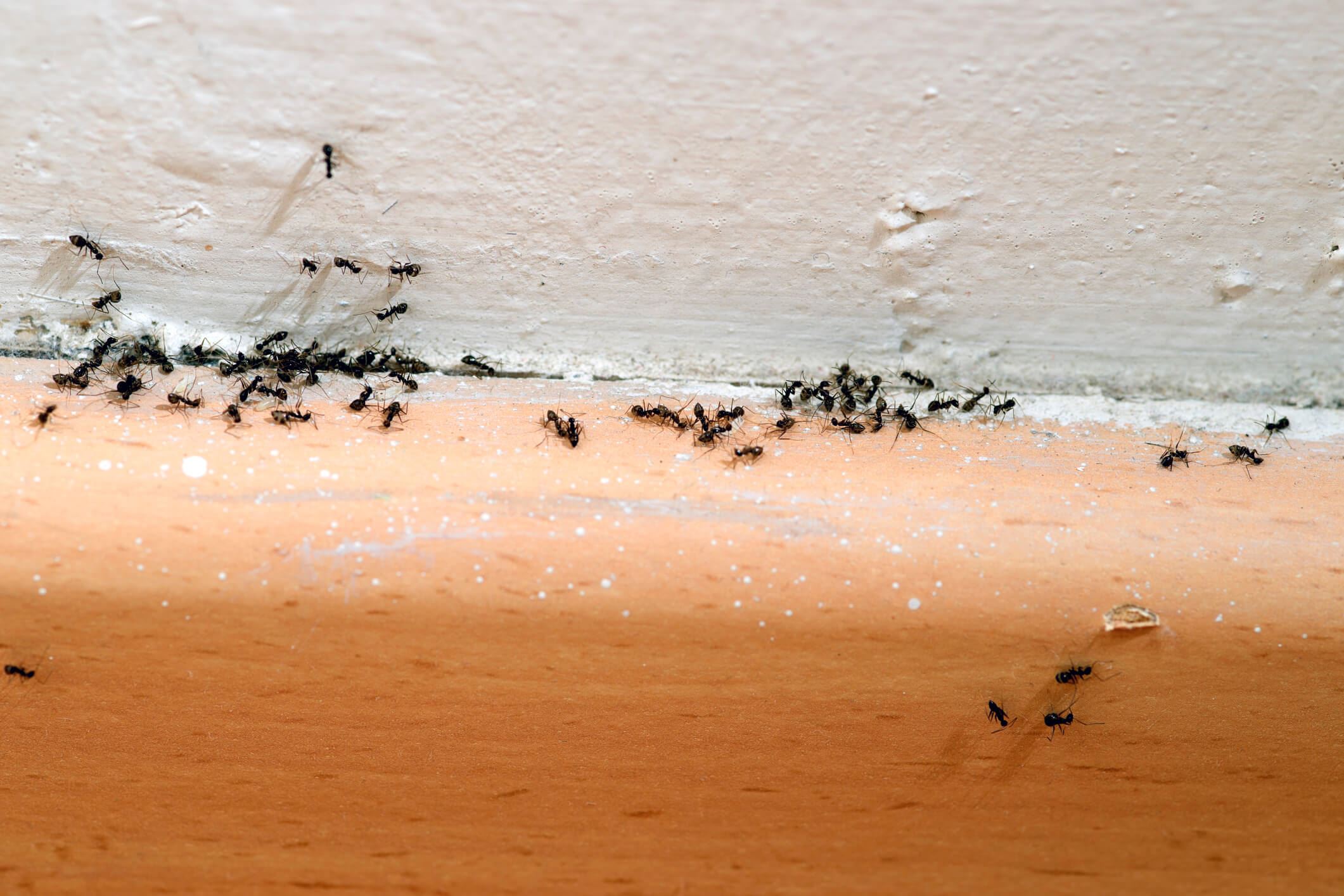9 Plants That Repel Mosquitoes

Are you tired of constantly swatting away mosquitoes during your outdoor activities? Do you want to enjoy your time outside without worrying about mosquito bites and the diseases they can carry? Look no further than your garden! Certain plants have natural mosquito-repelling properties that can keep these pesky insects at bay. Here are the top 10 plants that repel mosquitoes:
Introduction
Mosquitoes can be a major nuisance and a health hazard, spreading diseases such as malaria, dengue fever, and Zika virus. While insect repellent sprays and lotions can be effective, they often contain harsh chemicals that are harmful to both humans and the environment. Luckily, certain plants can naturally repel mosquitoes and provide a safer and more sustainable solution.
1. Citronella
Citronella is a popular plant known for its strong scent that repels mosquitoes. It contains citronellol, a natural oil that acts as a mosquito repellent. Citronella is commonly found in outdoor candles and sprays, but having the plant itself in your garden can provide a more natural and long-lasting solution.
2. Lavender
Lavender is a fragrant herb that is often used in aromatherapy for its calming properties. However, its scent also repels mosquitoes. Plant lavender in your garden or use lavender oil to keep mosquitoes at bay.
3. Basil
Basil is a common herb used in cooking, but it also has natural mosquito-repelling properties. The strong scent of basil can mask the scent of humans and prevent mosquitoes from being attracted to you.
4. Peppermint
Peppermint has a refreshing scent and is often used in teas and candies. However, its strong scent can also repel mosquitoes. Crush peppermint leaves and rub them on your skin to repel mosquitoes, or plant peppermint in your garden to keep them away.
5. Lemon Balm
Lemon balm is a member of the mint family and has a lemony scent that repels mosquitoes. Crush lemon balm leaves and apply them to your skin to repel mosquitoes, or plant lemon balm in your garden to keep them away.
6. Catnip
Catnip is a plant that is often used to attract and stimulate cats. However, its scent can also repel mosquitoes. Studies have shown that catnip oil can be as effective as DEET, a commonly used chemical insect repellent. Plant catnip in your garden to keep mosquitoes away.
7. Marigold
Marigolds are bright and colorful flowers that can also repel mosquitoes. They contain pyrethrum, a natural insecticide that can kill and repel mosquitoes. Plant marigolds in your garden to provide a colorful and effective mosquito repellent.
8. Rosemary
Rosemary is a fragrant herb often used in cooking. Its strong scent can also repel mosquitoes. Crush rosemary leaves and apply them to your skin to repel mosquitoes, or plant rosemary in your garden to keep them away.
9. Garlic
Garlic is a pungent herb that is commonly used in cooking. Its strong scent can also repel mosquitoes. Crush garlic cloves and apply them to your skin to repel mosquitoes, or plant garlic in your garden to keep them away.
Conclusion
In conclusion, there are many plants that can naturally repel mosquitoes and provide a safer and more sustainable solution than chemical insect repellents. Citronella, lavender, basil, peppermint, lemon balm, catnip, marigold, rosemary, and garlic are all effective options for keeping mosquitoes at bay. By incorporating these plants into your garden or using their oils and leaves on your skin, you can enjoy the outdoors without worrying about mosquito bites and the diseases they can carry.
FAQs
Q: Do these plants only repel mosquitoes or other insects as well?
A: While these plants are primarily known for their mosquito-repelling properties, they can also repel other insects such as flies and gnats.
Q: Can I use these plants indoors as well?
A: Yes, these plants can be grown indoors as well as outdoors and can provide a natural solution for repelling insects.
Q: Do these plants require special care or maintenance?
A: Most of these plants are low maintenance and easy to grow. However, it’s always important to research the specific care instructions for each plant to ensure they thrive in your garden.
Q: Can I use these plants as a replacement for chemical insect repellents?
A: While these plants can be effective in repelling mosquitoes, they may not provide as strong or long-lasting of a solution as chemical insect repellents. It’s always important to take precautions and protect yourself from mosquito bites, especially in areas where diseases such as malaria and Zika virus are prevalent.
Q: Are these plants safe for pets and children?
A: Most of these plants are safe for pets and children when used in moderation. However, it’s always important to research any potential risks and consult with a veterinarian or healthcare provider if you have any concerns.




